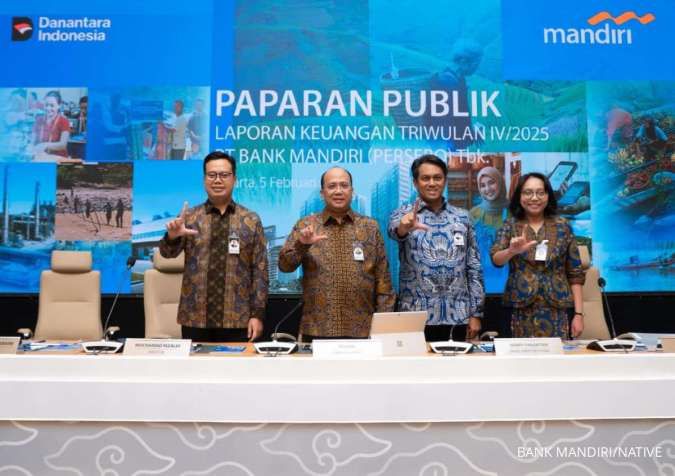KONTAN.CO.ID - BANGKOK. Thailand delayed the use of AstraZeneca's Covid-19 vaccine scheduled to start on Friday with its prime minister and cabinet members taking the first shots, citing safety concerns after reports of blood clots in some vaccinated people in Europe. The Asian nation is the first country outside of Europe suspending the use of the AstraZeneca shot, while several countries including Canada, Australia, the Philippines and South Korea said they would go ahead. In a health ministry news conference, Prasit Watanapa, Dean of the Faculty of Medicine at Siriraj Hospital, confirmed the rollout would be delayed after a suspension of inoculations using the vaccine in Denmark, Norway and Iceland.
"AstraZeneca is still a good vaccine but with what has happened ... the health ministry based on this advice would like to postpone the usage of the AstraZeneca vaccine momentarily," Kiattiphum Wongjit, permanent secretary for the Public Health Ministry. Thailand was in a position to suspend the rollout for safety investigations because it had largely brought a second wave of coronavirus under control through quarantines and border controls, he said.
Baca Juga: Korea restui penggunaan vaksin Covid-19 AstraZeneca untuk orang tua di atas 65 AstraZeneca said on Thursday it had found no evidence of an increased risk of pulmonary embolism or deep vein thrombosis - marked by the formation of blood clots - in safety data of more than 10 million records, even when considering subgroups based on age, gender, production batch or country of use. More than 11 million doses of AstraZeneca's vaccine have so far been administered across the United Kingdom. Yong Poonvorawan, a Thai virology expert, told the news conference the investigation would also check on whether any issues might be related to particular batches in Europe and said the vaccines supplied to Thailand were made in Asia. Thailand has so far recorded just over 26,500 coronavirus infections and 85 fatalities in a population of 66.5 million. New cases are now registering below 100 per day. "This may reflect how much the decision makers in a country tolerate temporary uncertainty about vaccine safety and balance that against the vaccine’s undoubted benefits of protection from Covid-19," said Julie Leask, a public health professor at the University of Sydney, referring to varying government decisions. Thailand's overall vaccination strategy is heavily reliant on the AstraZeneca shot to be produced locally by a company owned by the country's king, with 61 million doses reserved for its population.
However, the Thai-produced AstraZeneca is not due until at least June, and Thailand last week began limited inoculations with 200,000 imported doses of Sinovac vaccine from China. Thailand last week received 117,300 doses of imported AstraZeneca vaccine, which the prime minister and his cabinet had been scheduled to receive on Friday. Austria said on Sunday it had stopped using a batch of AstraZeneca shots while investigating a death from coagulation disorders and an illness from a pulmonary embolism. It later said the batch, ABV5300, amounted to roughly one million doses in total and was sent to 17 European countries. It is not immediately clear whether the same batch has been sent to other countries.

